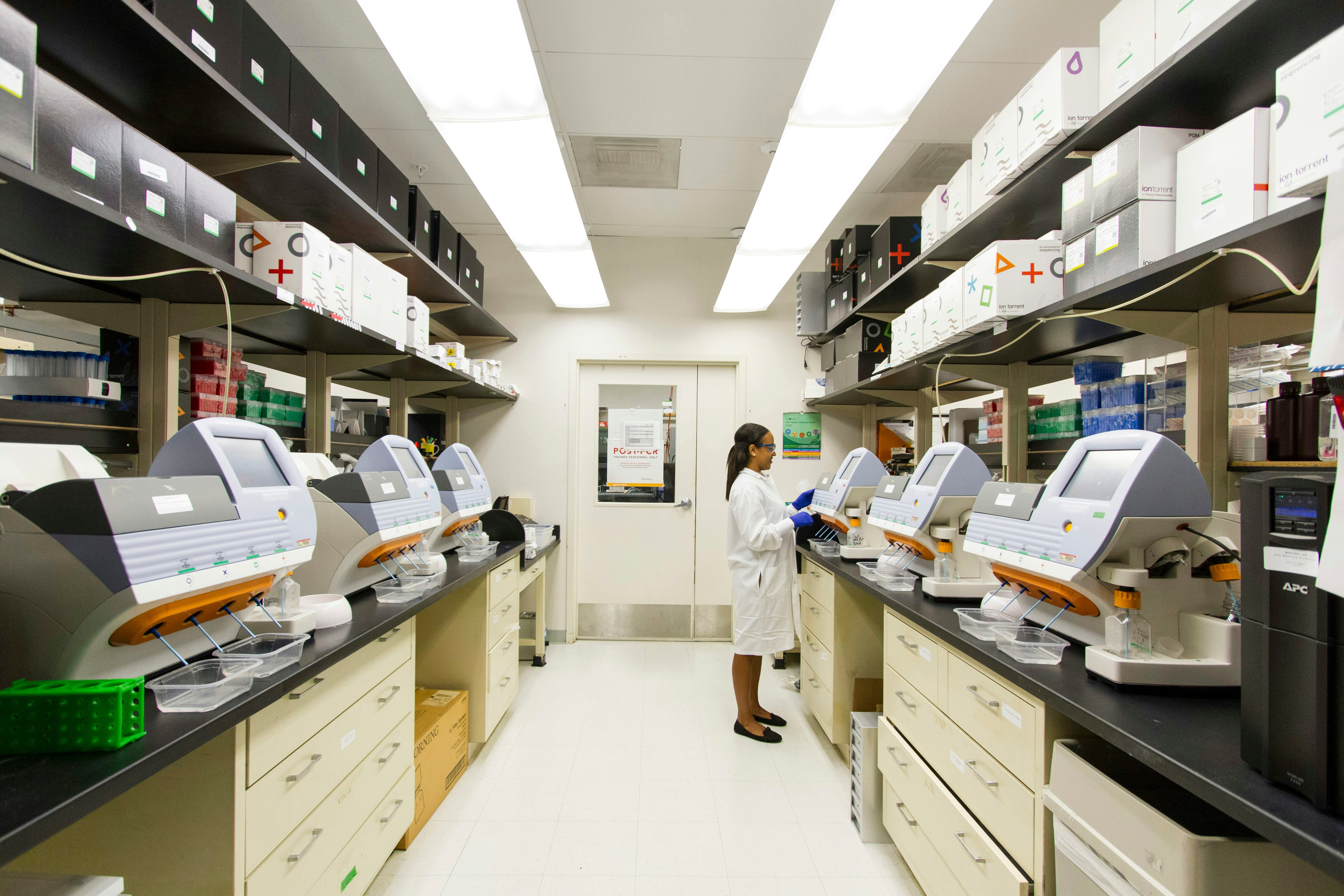Keck School of Medicine of USC
COVID-19 Treatments Mostly Safe, U.S. Studies Reveal
Numerous treatment options for COVID-19 have been approved by the U.S. Food and Drug Administration over the last four years, including antiviral drugs and monoclonal antibodies that suppress an excessive immune response. Now, research from the Keck School of Medicine of USC has found that COVID-19 therapies cause few serious side effects, based on an evaluation of the full spectrum of evidence available from U.S. biomedical science.
No significant association with serious adverse events was found for oral antivirals such as Paxlovid. Evusheld and other monoclonal antibodies that bind to the coronavirus’s spike protein, previously administered intravenously in hospital but no longer authorized by the FDA due to their lack of effectiveness against COVID-19 variants, were not associated with serious adverse events. Actemra, an IV monoclonal antibody that works somewhat differently and is also known by the generic name tocilizumab, was associated with infection and low white blood cell counts in some studies.
Transfusions of convalescent plasma — a blood product taken from recovered COVID-19 patients — were linked with higher risk of internal bleeding, infection and blood clots. The serious adverse events identified align with current product labeling.
Most people who contract COVID-19 will be able to recover from the infection without a prescription. However, physicians may prescribe treatments for patients with risk factors such as advanced age, obesity, cardiovascular issues, diabetes or a compromised immune system. The Keck School of Medicine findings should come as good news to these people.
“The main message is, if your doctor puts you on Paxlovid, you don’t have to worry about serious side effects,” said Susanne Hempel, PhD, professor of clinical population and public health sciences and director of the Southern California Evidence Review Center (ERC) at the Keck School of Medicine, who oversaw the work. “There are no serious adverse events for any of the oral medications that you’re taking at home for COVID-19.”
The review, published in Open Forum Infectious Diseases, incorporated 54 studies spanning inpatient and outpatient treatment, clinical trials and observational research. Only investigations comparing COVID-19 therapy with standard care, placebo or no treatment were examined, so that effects of the disease itself could reasonably be excluded. Hempel and her colleagues reached beyond peer-reviewed research to include data submitted to the FDA and to the National Library of Medicine’s clinicaltrials.gov site.
Rigorous science to inform public policy
Governmental agencies regularly call upon the ERC — one of nine evidence-based practice centers nationwide— to provide detailed analyses that inform public policy.
The current study was driven by the need to develop a countermeasure injury compensation table, which is used to determine whether patients and families who report adverse events are eligible for public benefits. “Given the unique nature of the pandemic and the rapid production of treatments for COVID-19, the findings are very reassuring,” said co-author and infectious disease expert Jeffrey Klausner, MD, MPH, professor of clinical population and public health sciences in the Keck School of Medicine. “With a severe public health emergency like COVID-19, it is critical that there exists a government compensation program for treatment-related injuries that is based on the best scientific evidence. Now we know with additional certainty, that the treatments are safe without a high frequency of serious side effects.”
Focusing on the most severe outcomes
The study concentrated only on serious side effects, as defined by a standard scale developed by the National Institutes of Health. On the five-point scale, a rating of three or above indicates severe conditions that require hospitalization; the highest grade of five signifies a fatal event.
“Manufacturers must submit very detailed records to the FDA for emergency authorization, so every adverse event should have been reported,” said first author Margaret Maglione, MPP, a project leader at the ERC. “We did not identify any serious adverse events that were not already described on the product packaging.”
About this study
Other co-authors of the study are Patricia Wirnkar, Ivan Fallarme, Rozhin Lak, Kimny Sysawang, Ning Fu, Sachi Yagyu, Aneesa Motala and Danica Tolentino, all of USC.
https://doi.org/10.1093/ofid/ofaf097
View Original | AusPol.co Disclaimer
